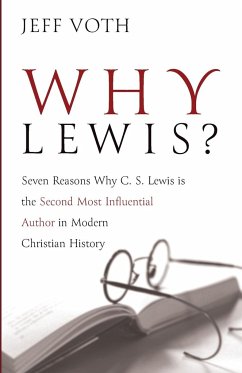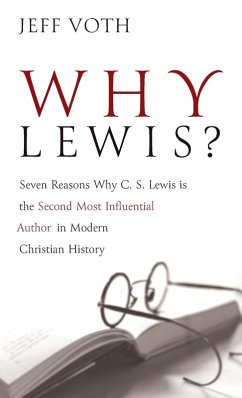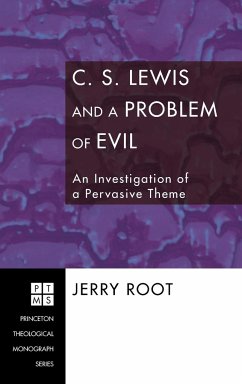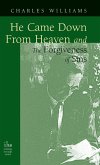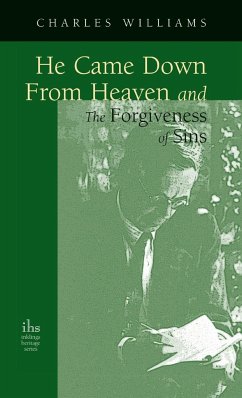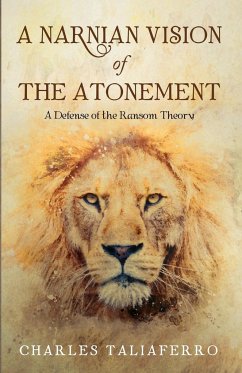It has been said that next to the biblical writers, the most quoted person in American pulpits, churches, and educational institutions, hands down, is C. S. Lewis. He has become such a part of the speaking and thinking rhythm of those of us in the West, that without him, well . . . who would we quote? Peter Kreeft sums it up quite nicely: ""[Lewis] is read with enormous affection and loyalty by a wide and diversified audience today. . . . In fact, more of his books are sold today than those of any other Christian writer in history"" (Kreeft, Lewis and the Two Roads to God, The Washington Times, in The World & I, February 1987, 354). Why Lewis? is a primer, designed especially to stimulate thinking about Lewis and offer at least seven reasons why he has made such an indelible impact upon so many. Quotes, references, anecdotes, and footnotes are provided in easily accessible fashion to assist the budding Lewis scholar into elements of deeper study, while at the same time offering the most seasoned aficionado some fresh perspectives as well.
Hinweis: Dieser Artikel kann nur an eine deutsche Lieferadresse ausgeliefert werden.
Hinweis: Dieser Artikel kann nur an eine deutsche Lieferadresse ausgeliefert werden.

